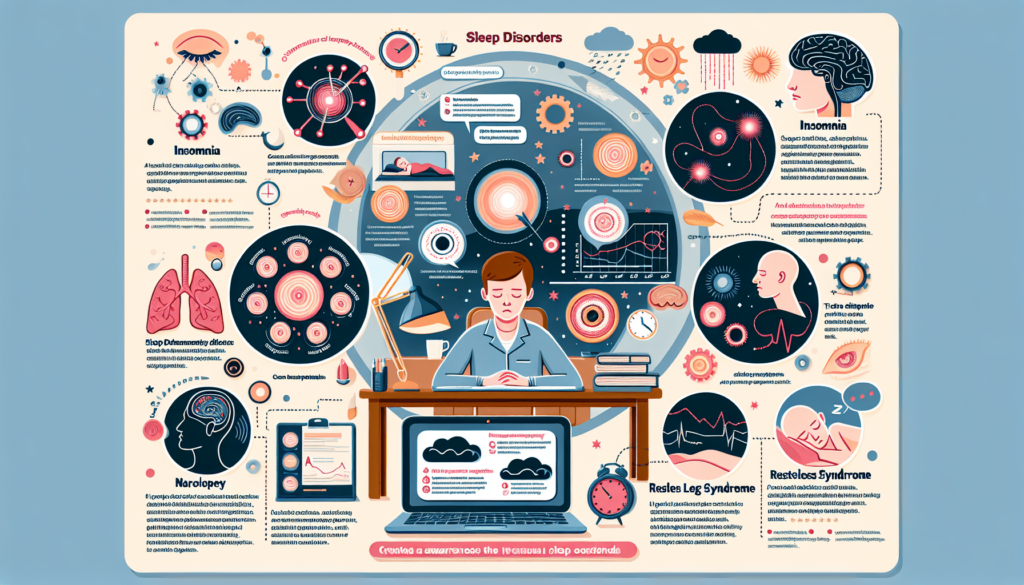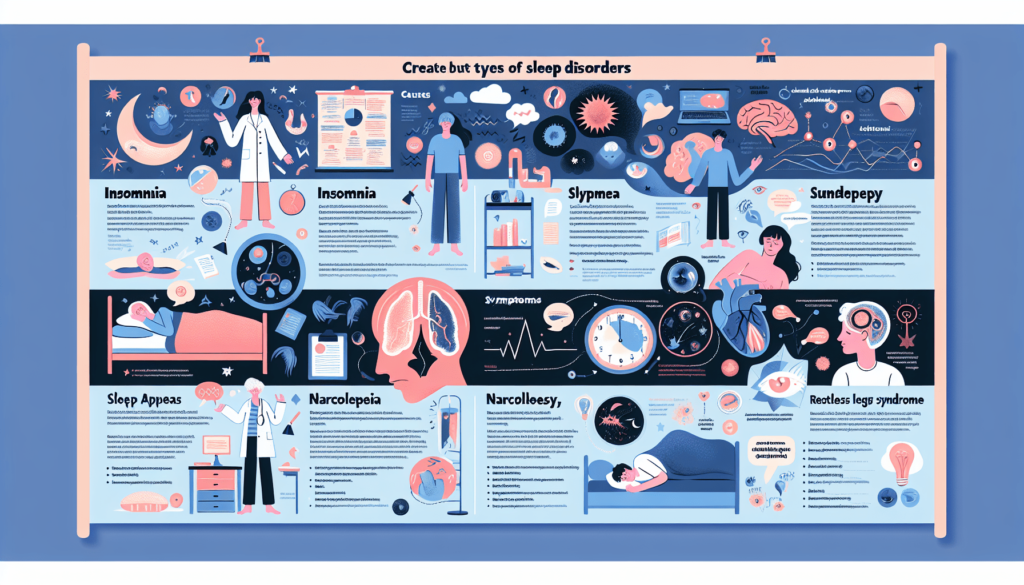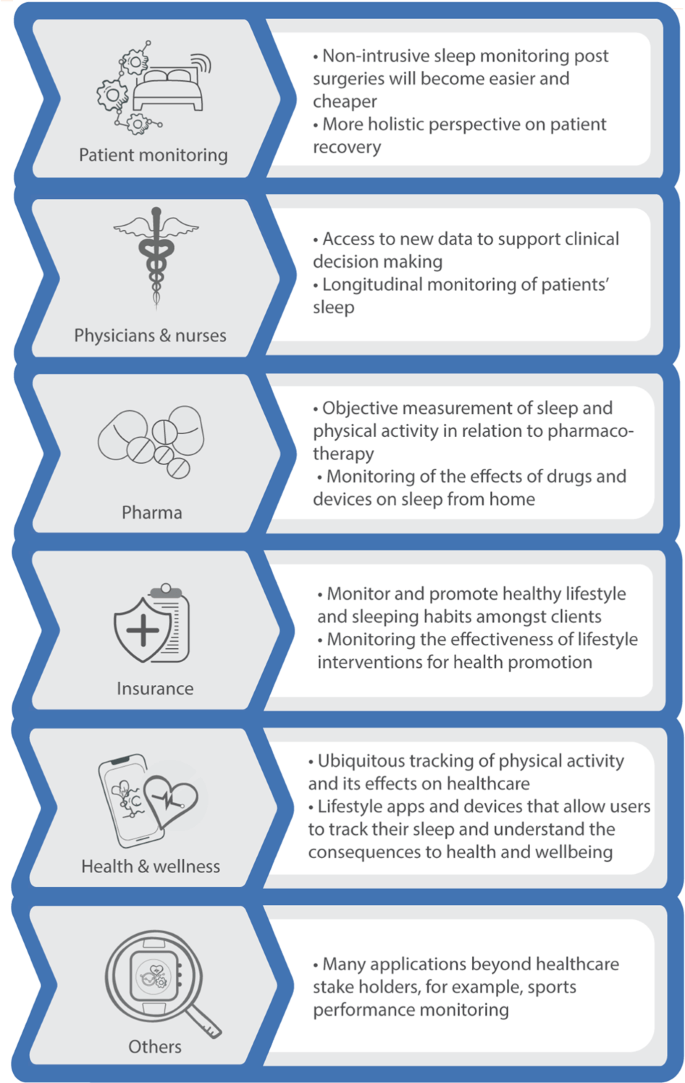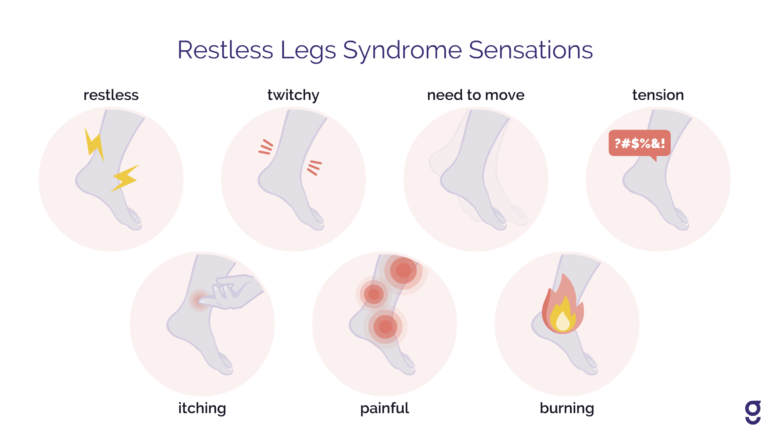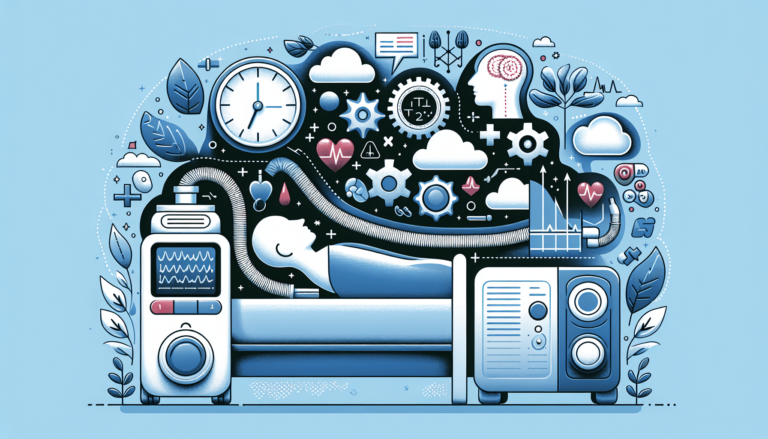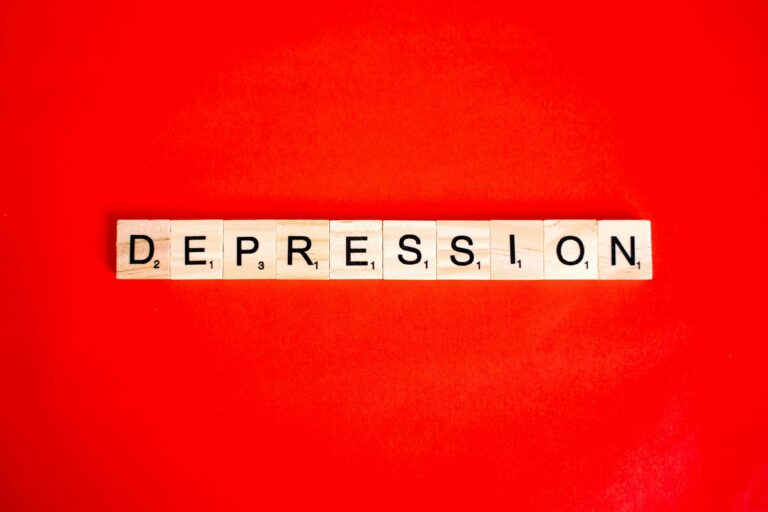Understanding Sleep Disorders: A Comprehensive Guide

Are you struggling with sleep disorders? Look no further than Vector Sleep Clinic! We understand the impact that these disorders can have on your health and productivity. With our licensed and insured team, you can trust us to provide reliable and trustworthy care. Sleep disorders like insomnia and sleep apnea can lead to serious health issues such as heart attacks, strokes, and high blood pressure if left untreated. That’s why we offer comprehensive sleep studies and a variety of treatment options to ensure you get the restful nights you deserve. Say goodbye to restless nights and unlock the magic of rejuvenation with Vector Sleep Clinic!
Types of Sleep Disorders
Insomnia
Insomnia is one of the most common sleep disorders, characterized by difficulty falling asleep or staying asleep. It can be caused by various factors, including stress, anxiety, medications, or certain medical conditions. Individuals with insomnia often experience fatigue, irritability, and difficulty concentrating during the day.
Sleep Apnea
Sleep apnea is a sleep disorder characterized by pauses in breathing during sleep. These pauses, known as apneas, can occur multiple times throughout the night and can last for a few seconds to a minute. Sleep apnea can have serious consequences, as it leads to decreased oxygen levels in the body and disrupted sleep. Common symptoms of sleep apnea include loud snoring, daytime sleepiness, and morning headaches.
Restless Leg Syndrome
Restless Leg Syndrome (RLS) is a neurological disorder that causes uncomfortable sensations in the legs, often described as aching, itching, or crawling. These sensations usually occur when the individual is at rest or trying to fall asleep, causing an irresistible urge to move the legs. RLS can significantly disrupt sleep and negatively impact quality of life.
Hypopnea
Hypopnea is a sleep disorder characterized by shallow or slow breathing during sleep. It is similar to sleep apnea but with less severe breathing interruptions. Hypopnea can lead to decreased oxygen levels in the body and disrupted sleep, resulting in daytime fatigue, difficulty concentrating, and increased risk of other health issues.
The Impact of Sleep Disorders
Health Risks
Sleep disorders can have a significant impact on overall health. Chronic sleep deprivation caused by disorders such as insomnia or sleep apnea can increase the risk of developing serious health conditions, including heart disease, high blood pressure, stroke, and diabetes. Lack of sleep can also weaken the immune system, making individuals more susceptible to infections and other illnesses.
Effects on Productivity and Daily Life
Sleep disorders can greatly affect an individual’s daily life and productivity. Fatigue, irritability, and difficulty concentrating caused by insufficient sleep can impair cognitive function and decision-making abilities. This can negatively impact work performance, academic achievement, and relationships. Daytime sleepiness can also increase the risk of accidents, both on the road and in the workplace.
Why Should You Consider Completing a Sleep Study?
Importance of Sleep Study
Completing a sleep study is crucial in diagnosing and treating sleep disorders. A sleep study, also known as polysomnography, monitors various body functions during sleep to identify any abnormalities. It helps healthcare professionals understand the underlying causes of sleep disorders and develop an appropriate treatment plan.
Identifying Underlying Issues
A sleep study can help identify underlying issues that contribute to sleep disorders. It can determine whether the individual has sleep apnea, restless leg syndrome, or another sleep disorder. The study also provides valuable information about sleep patterns, oxygen levels, brain activity, and muscle movements during sleep, helping healthcare professionals understand the specific factors contributing to the individual’s sleep problems.
Common Symptoms of Sleep Disorders
Difficulty Falling Asleep
One of the most common symptoms of sleep disorders is difficulty falling asleep. Individuals may find themselves lying in bed for extended periods, unable to fall asleep despite feeling tired. This can be frustrating and lead to anxiety about not getting enough rest.
Frequent Waking Up at Night
Another common symptom of sleep disorders is frequent waking up at night. Individuals may wake up multiple times throughout the night, interrupting their sleep and making it difficult to achieve restful, uninterrupted sleep.
Daytime Sleepiness and Fatigue
Excessive daytime sleepiness and fatigue are often associated with sleep disorders. Individuals may feel excessively tired, struggle to stay awake during the day, or experience sudden, uncontrollable episodes of sleepiness.
Loud Snoring
Loud snoring is a common symptom of sleep disorders, particularly sleep apnea. It occurs when the airway becomes partially blocked during sleep, leading to vibrations and sound production. Loud snoring can disrupt sleep for both the individual and their sleep partner.
Morning Headaches
Waking up with frequent morning headaches can be a sign of sleep disorders, such as sleep apnea or insomnia. These headaches are often caused by poor sleep quality and decreased oxygen levels during the night.
Diagnostic Methods for Sleep Disorders
Polysomnography
Polysomnography is a comprehensive sleep study that monitors various body functions during sleep, including brain activity, eye movements, heart rate, oxygen levels, and muscle activity. It is commonly used to diagnose sleep disorders such as sleep apnea, insomnia, and restless leg syndrome.
Actigraphy
Actigraphy involves wearing a device on the wrist that records movement and light exposure throughout the day and night. It can provide valuable data about sleep patterns, including sleep duration, nighttime awakenings, and overall sleep quality.
Multiple Sleep Latency Test
The Multiple Sleep Latency Test (MSLT) is a daytime test that measures how quickly an individual falls asleep during specific periods of the day. It helps diagnose conditions such as narcolepsy and assesses daytime sleepiness.
Nocturnal Polysomnography
Nocturnal Polysomnography is a sleep study that specifically focuses on diagnosing sleep-related breathing disorders such as sleep apnea. It monitors breathing, oxygen levels, and other physiological factors during the night.
Treatment Options for Sleep Disorders
Lifestyle Changes
Lifestyle changes are often the first line of treatment for sleep disorders. These may include practicing good sleep hygiene, maintaining a regular sleep schedule, avoiding stimulants like caffeine or nicotine, and creating a relaxing bedtime routine. Making changes to diet and exercise habits can also contribute to better sleep.
Medications
In some cases, medications may be prescribed to help manage sleep disorders. These may include sleep aids, such as sedatives or hypnotics, to promote sleep onset or improve sleep quality. Medications may be used temporarily or on a long-term basis, depending on the specific sleep disorder and individual needs.
Continuous Positive Airway Pressure (CPAP)
Continuous Positive Airway Pressure (CPAP) is a common treatment for sleep apnea. It involves wearing a mask over the nose or mouth during sleep, which delivers a continuous stream of air pressure to keep the airway open and prevent breathing pauses. CPAP can significantly improve symptoms and help individuals achieve restful sleep.
Surgery
Surgery may be considered for certain sleep disorders, especially when other treatment options have been unsuccessful. For example, surgery can be an option for treating obstructive sleep apnea when the airway obstruction is caused by physical abnormalities in the nose, throat, or upper airway. Surgical procedures aim to correct these abnormalities and improve airflow during sleep.
This image is property of pixabay.com.
The Role of Sleep Clinics
Importance of Professional Diagnosis and Treatment
Sleep disorders can be complex and vary greatly from person to person. Seeking professional diagnosis and treatment at a specialized sleep clinic is crucial for accurate assessment and customized care. Sleep clinics have trained sleep specialists who can accurately diagnose sleep disorders and provide tailored treatment plans.
Benefits of Sleep Clinics
Sleep clinics offer a range of benefits for individuals seeking help for their sleep disorders. They have access to state-of-the-art diagnostic equipment, such as polysomnography machines, which provide detailed information about an individual’s sleep patterns and physiological functions. Sleep clinics also provide a supportive environment with knowledgeable staff who can offer guidance, education, and ongoing support throughout the treatment process.
Choosing the Right Sleep Clinic
When choosing a sleep clinic, it’s essential to consider factors such as the clinic’s reputation, the qualifications of the sleep specialists, and the range of services offered. Look for a clinic that has experience in diagnosing and treating the specific sleep disorder you are experiencing. It’s also important to ensure that the clinic accepts your insurance, if applicable, and provides convenient scheduling options.
Vector Sleep Clinic: Comprehensive Care for Restful Sleep
Range of Services Offered
At Vector Sleep Clinic, we offer a comprehensive range of services to diagnose and treat a variety of sleep disorders. Our services include in-lab sleep studies, home sleep testing, consultation with sleep specialists, and ongoing follow-up care. We strive to provide a one-stop solution for all your sleep-related needs.
Experienced and Licensed Staff
Our sleep clinic is staffed with experienced and licensed sleep specialists who have extensive knowledge and expertise in sleep medicine. They are dedicated to providing personalized care and ensuring that each patient receives the attention and treatment they need for restful sleep.
Comfortable and Relaxing Environment
At Vector Sleep Clinic, we understand the importance of a comfortable and relaxing environment for quality sleep. Our sleep labs are designed to provide a peaceful atmosphere, with comfortable beds, calming décor, and soundproof rooms to minimize disturbances during the sleep study.
Personalized Treatment Plans
We believe in personalized care and treatment plans tailored to the unique needs of each patient. Our sleep specialists work closely with individuals to develop customized treatment plans that address their specific sleep disorder, lifestyle factors, and overall health goals. We prioritize patient education and empowerment, ensuring that individuals have the necessary knowledge and tools to improve their sleep quality and overall well-being.
This image is property of pixabay.com.
Conclusion
Sleep disorders can have a significant impact on health, productivity, and overall quality of life. Understanding the different types of sleep disorders, their symptoms, and available treatment options is crucial for seeking appropriate help. Completing a sleep study at a dedicated sleep clinic like Vector Sleep Clinic can provide valuable insights into an individual’s sleep patterns and contribute to the development of personalized treatment plans. With comprehensive care and a supportive environment, achieving restful and rejuvenating sleep becomes possible, unlocking the magic of a healthy and fulfilling life.

